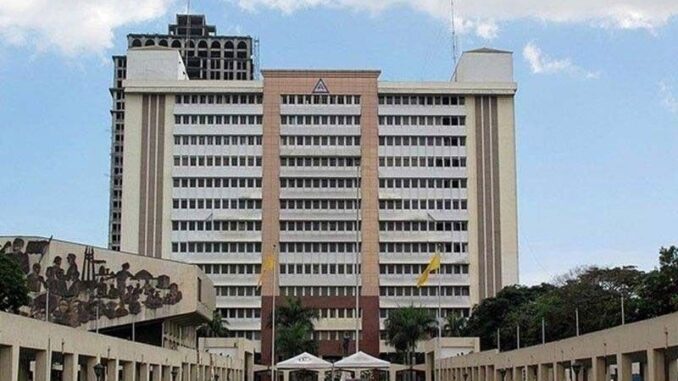
MANILA, Philippines — The Quezon City government yesterday announced its bid to be a Creative City of Film of the United Nations Educational, Scientific and Cultural Organization (UNESCO).
According to the local government, the bid underscores the city’s “rich cinematic heritage and continued commitment to fostering creativity, protecting cultural heritage and promoting inclusive development.”
“Becoming a UNESCO Creative City of Film is not just a recognition of our past achievements, but an opportunity to redefine our future in the global film community,” said Mayor Joy Belmonte, who also sits as chair of the QC Film Commission.
UNESCO’s City of Film is part of the wider Creative Cities Network, which seeks to promote cooperation among cities recognized through various creative films.
QC Film Commission executive director Liza Diño said the city’s bid to join the network highlights its commitment to recognize the workers in the film industry.
“To achieve excellence, we must create a sustainable ecosystem that nurtures both creators and workers. With the landmark Eddie Garcia Law, which sets sector-specific standards for safety, health and working conditions, we are poised to build an industry that truly values its workforce,” she said.
The local government noted that Quezon City, known as the “City of Stars,” is pivotal in shaping the country’s film industry.
For instance, National Artists for Film Lino Brocka and Fernando Poe Jr. can trace the roots of their practice to the city.
Quezon City was also home to major film studios, such as Sampaguita Pictures and LVN Pictures, during the Philippine film industry’s golden era in the 1950s and 1960s.
“Today, Quezon City continues to be the central hub for filmmaking in the Philippines, housing the country’s highest concentration of production companies and screen enterprises,” said the city government.
“With 130 registered screen businesses, six national broadcast networks and nearly 100 cinemas, Quezon City’s film industry generated $37 million in local film revenues over the two years of 2022-2023,” it added.
The city also supports various initiatives, such as the annual QC International Film Festival or QCinema, which is seen as one of the country’s most prominent international film festivals.
Securing the UNESCO designation, the local government said, would bring significant benefits to the industry, such as enhanced global reputation, increased investment and elevated standards.
The bid is also aligned with the Philippine Creative Economy Roadmap 2030, which envisions the Philippines as the leading creative economy in Southeast Asia.
“Quezon City aims to turn challenges into opportunities by leveraging creativity as a driver for action, ensuring the city’s commitment to film and culture,” the local government said.



Be the first to comment